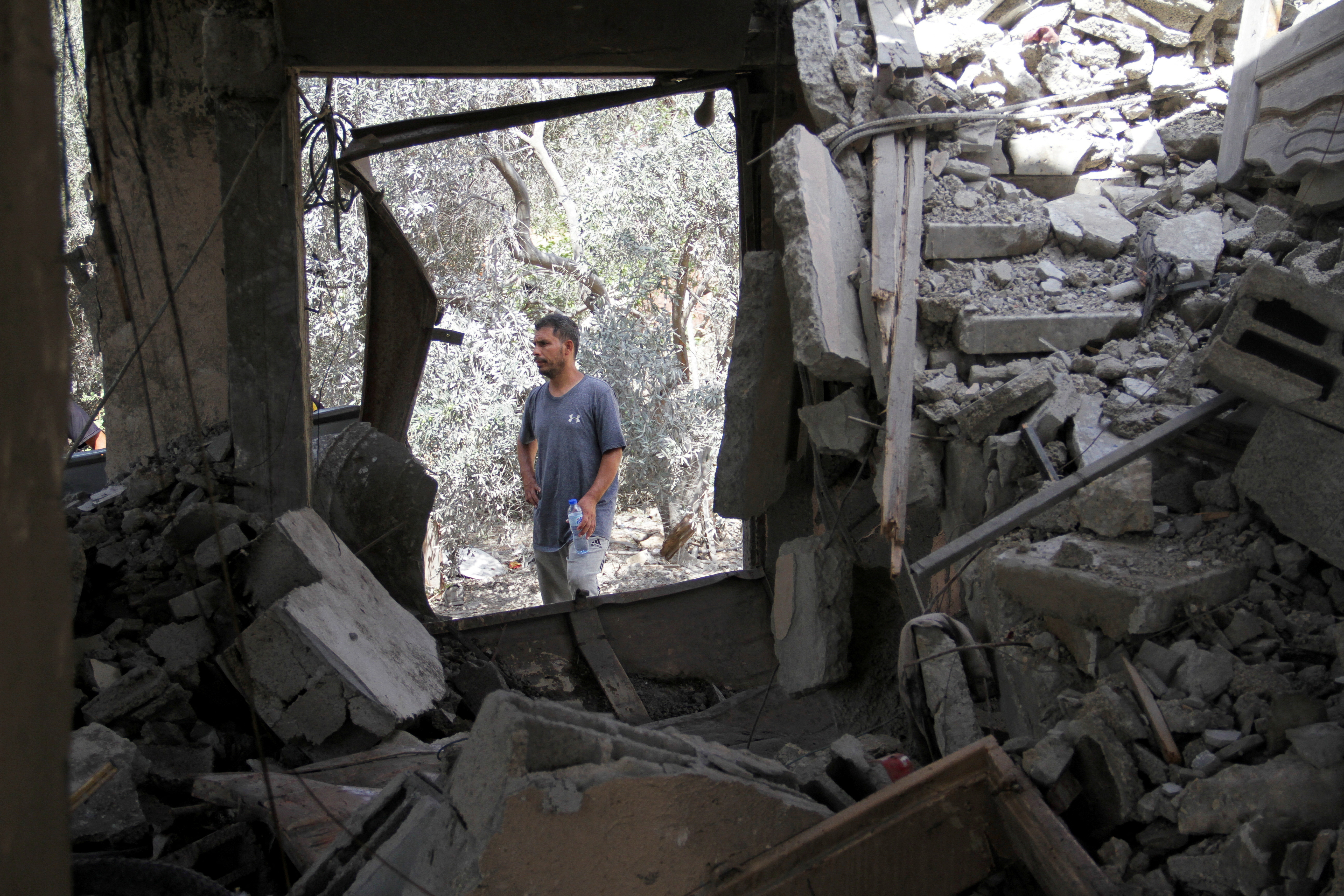Disagreements over Israel’s future military presence in Gaza and over Palestinian prisoner releases are obstructing a ceasefire and hostage deal, according to ten sources familiar with the round of US-mediated talks that concluded last week.
The sources, who include two Hamas officials and three Western diplomats, told Reuters the disagreements stemmed from demands Israel has introduced since Hamas accepted a version of a ceasefire proposal unveiled by US President Joe Biden in May.
All the sources said Hamas was especially concerned about the latest demand to keep troops deployed along the Netzarim Corridor, an east-west strip Israel cleared during the current war that prevents Palestinians’ free movement between north and south Gaza, as well as in a narrow border strip between Gaza and Egypt known as the Philadelphi Corridor.
The sources asked not to be named to speak freely about sensitive matters.
Israel’s current grip on the Philadelphi Corridor gives it control of Gaza’s frontier with Egypt, the only enclave’s only crossing that does not border Israel.
Hamas sees Israel as having changed its conditions and parameters “last-minute” and worries any concessions it makes would be met by more demands, one of the sources, who is close to the talks, told Reuters.
The media office for the Palestinian militant group did not respond to requests for comment for this story. Israeli Prime Minister Netanyahu’s office did not respond to questions about the talks.
The next round of talks is expected in Cairo in the coming days, based around the US bridging proposal.
The lead US negotiator, CIA director Bill Burns, his Israeli counterpart Mossad chief David Barnea, Qatari Prime Minister Sheikh Mohammed bin Abdulrahman Al Thani and Egypt’s lead negotiator are expected to attend, the source close to the talks said. Qatar’s Sheikh Mohammed is expected to visit Tehran before heading to Cairo, the source said. An Iranian source said Sheikh Mohammed was due to visit on Monday.
Iran’s foreign ministry did not respond to questions. The CIA declined to comment in line with its policy of not disclosing Burns’ travel.
Two of the Hamas officials said the US proposal contained some of the Israeli changes they reject, including allowing “Israel’s continued military presence” along the crossings and releasing some Palestinian prisoners into exile, rather than to Gaza or the West Bank, in any swap for hostages.
However, a senior US administration official said there was nothing in the bridging proposal that changed previously agreed commitments on the Netzarim Corridor. The official said any temporary arrangements on the Philadelphi Corridor must be consistent with Israel’s May 27 text and the outline put forth by Biden, as endorsed by the UN Security Council.
The proposal includes “massive and immediate benefits” for the people of Gaza and incorporates a number of Hamas’ earlier demands, the official said.
Two of the sources, security officials in Egypt, said Israel and Hamas appeared willing to resolve differences in all areas other than that of the Israeli withdrawal.







Click here to change your cookie preferences